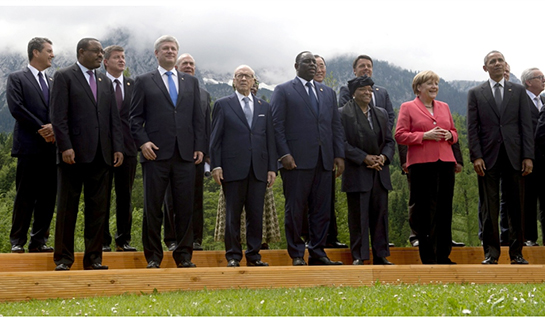Selin: Climate Dangers from Canada and Japan
In the ramp-up to the UN climate conference taking place later this year in Paris, one Frederick S. Pardee School of Global Studies Professor looks to two unlikely players for challenges to the effort to reduce global warming.
Henrik Selin, Associate Professor of International Relations at the Pardee School at Boston University, said that Japan and Canada had been making recent moves in energy policy that make them reluctant to pledge aggressive action on climate issues with the rest of the G7, who met this month in Germany. He made his case in a June 8 article in US News and World Report entitled, ‘G7 Reaffirms 2 Degree Climate Target.’
From the text of the article:
Other world powers, however, have appeared less engaged on the issue. Japan has recently ramped up its use of coal-fired power plants – an especially heavy source of greenhouse gas emissions – and Canada, which has sought to develop carbon-intensive unconventional oil fields in Alberta.
“Those are the two countries to look at,” says Henrik Selin, associate professor at the Frederick S. Pardee School of Global Studies at Boston University. “Of the individual countries in the G7, those two are the ones that have been the most cagey about what it is they can and cannot agree to in Paris.”
You can read the entire article here.
Selin is also the Pardee School’s Associate Director of the Division of International Studies. Learn more about him here.
